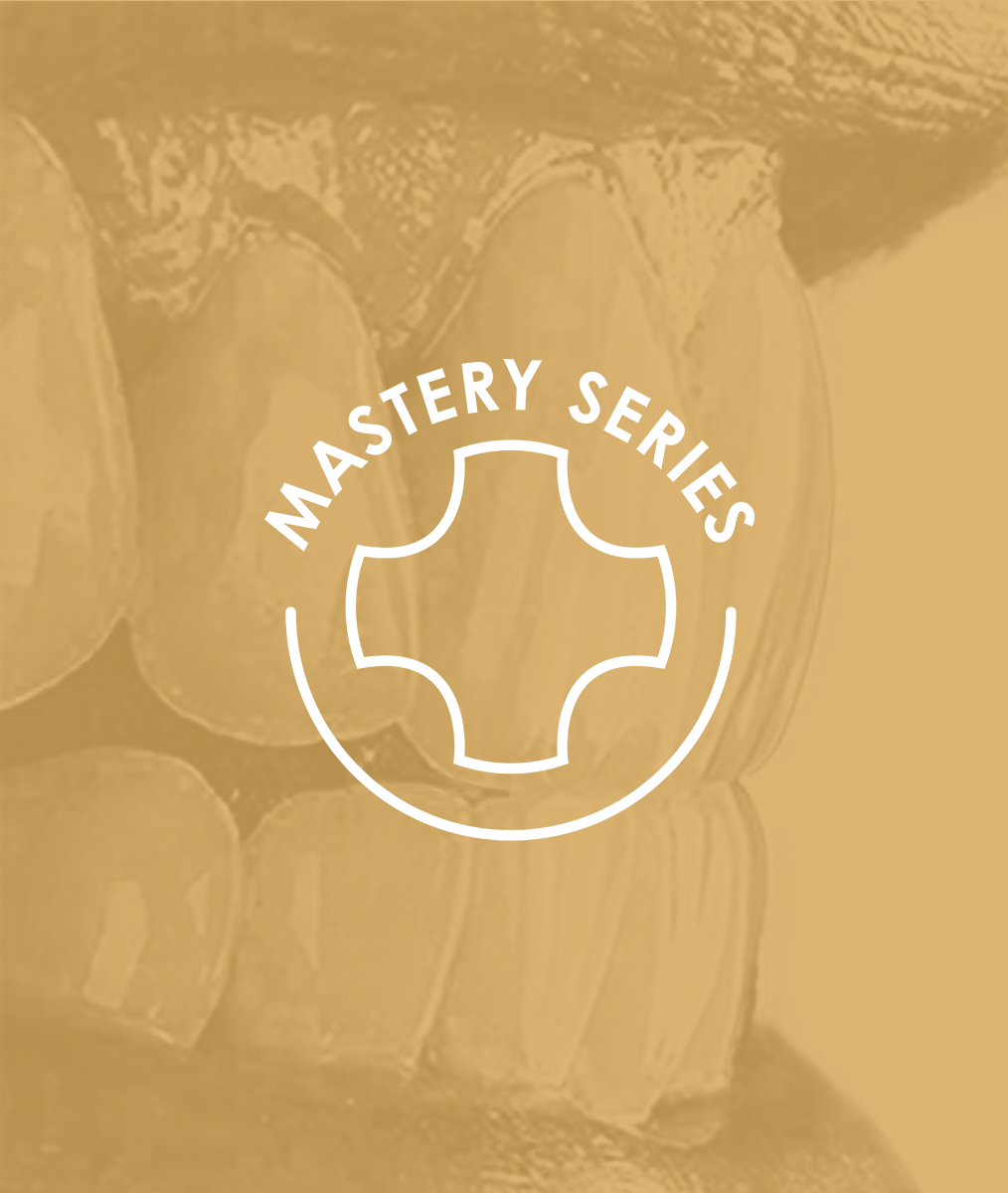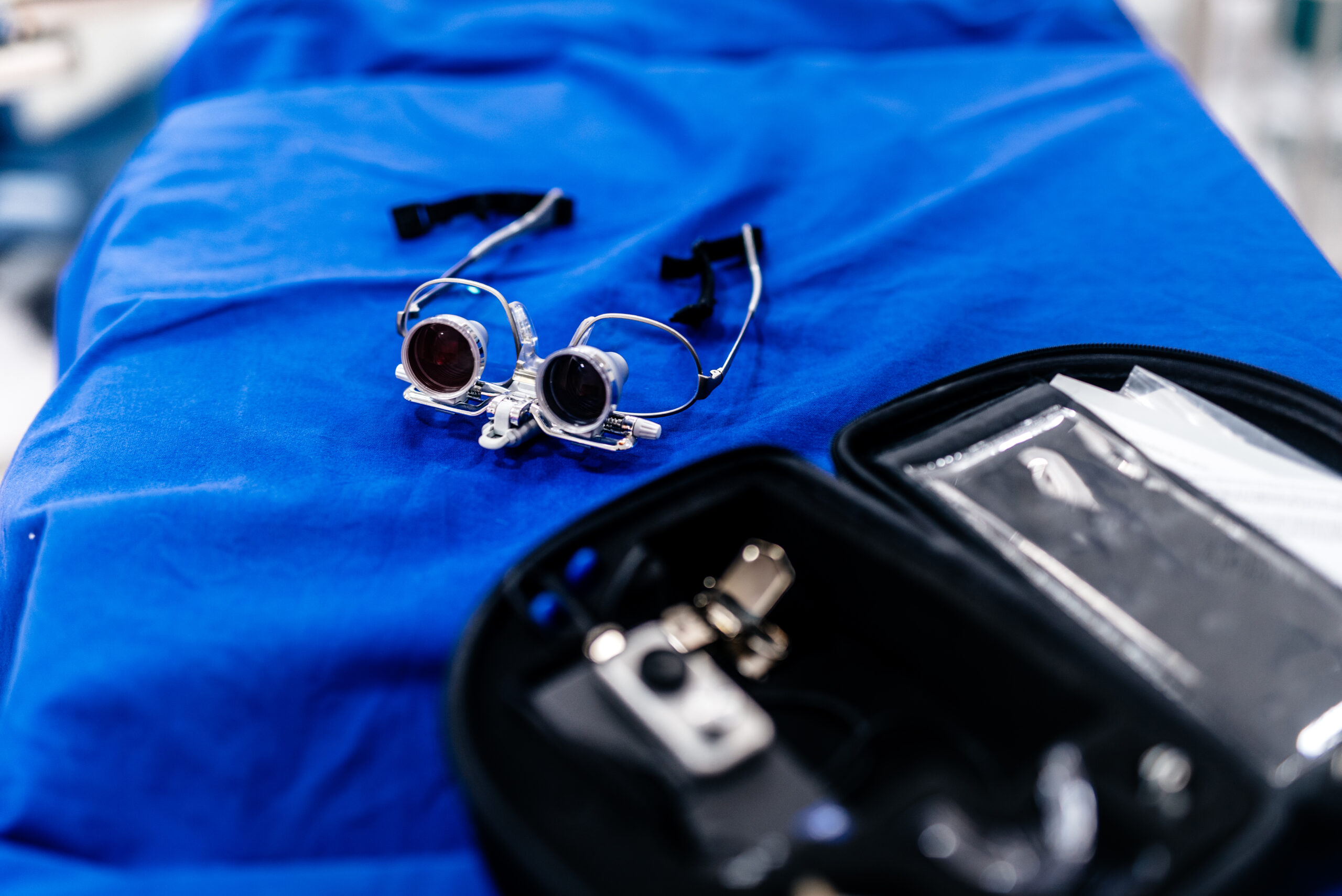
Upstream Thinking in the Dental Practice
Upstream Thinking in the Dental Practice
Leigh Ann Faight, RDH
In my years of working with dentists and teams, I have noticed that leaders tend to address what is directly in front of them. They are simply too busy to notice that the issues of today will likely be back tomorrow, and the next day and so on if they don’t find the root cause and build systems from there.
My favorite book on this subject is Upstream by Dan Heath. I was so impressed by it that I named my dental coaching company Upstream Dental Practice Coaching. The idea of the book is to help us stop reacting to problems and instead look for ways to prevent them in the first place.
In the book, Dan Heath recalls a quote from Paul Batalden: “Every system is perfectly designed to get the results it gets.” I love this quote; it is as exact as it is simple and begs the follow-up question: Are your systems working to get you the results you want?
I’m not writing this with just dentists in mind. I recommend that all dental team members appraise together how well your systems are working and think about where the lack of systems is causing stress. As you meet as a team and pull back the layers of your processes, do you discover barriers that get in the way of moving upstream? As a team, you can intentionally rebuild your systems to remove the barriers and prevent them from rolling back into your stream.
Fixed thinking gets in the way.
As I coach, I see three behaviors that get in the way of improving the many systems operating in dental practices.
Problem Blindness
This is the belief that negative outcomes are natural and inevitable. We treat these problems like we treat the weather, as something out of our control. We normalize problems and even stop seeing them. Teams tell me, “That’s just how it is here.” This finite thinking is one of the first challenges we uncover when I work with teams on intentionally “going upstream.”
Lack of Ownership
If an issue arises and no one claims ownership for fixing it, the problem will persist. To really develop upstream thinking you need someone who will say, “Even though I did not create this problem, I will lead us to find a solution.”
To create a culture where teams have ownership over decisions, leaders must trust the team to make decisions on behalf of the group. On the flip side, the team must choose to take charge of issues as they see them.
Tunneling
Tunneling is exactly like it sounds. You focus on short-sighted problems and have reactive thinking. You get stuck in a routine of short-term decision-making and are unable to move forward. You think, “I can’t deal with that right now.”
The more problems you are juggling at once, the harder it is to solve them all. If you can’t solve problems systematically you will stay in an endless cycle of reaction, because tunneling begets more tunneling. Compound tunneling with stress and scarcity, and you get stuck.
“Getting Unstuck” is the name of the game.
You might want to take your team offsite for a day to talk about what isn’t working in your dental practice. What are the big problems they and you see? Talk about the common human responses of problem blindness, lack of ownership, and tunneling. Talk about upstream thinking and proclaim, “Today is the day we become unstuck.”
In helping teams find ways to make their systems more successful, I have often found that small changes can make a big difference. If you add target metrics to your systems, “the team” will more likely see and remove barriers that have gotten in the way, redesign systems, and work as a united group to improve the outcomes.
In the Pankey course held February 2024 — The Pankey Hygienist: Where Clinical & Behavioral Science Unite – The Pankey Institute, we focused on “the flow” of the hygiene-restorative partnership, leading patients toward higher comprehensive care, and getting clarity around the why and how of optimal behavioral and clinical methods. We took a critical look at the habits and assumptions we have developed. We applied upstream systems thinking with the goal of collaboratively achieving with our patients greater oral and systemic health.
Related Course
Mastering Dental Photography: From Start to Finish
DATE: October 29 2026 @ 8:00 am - October 31 2026 @ 12:00 pmLocation: The Pankey Institute
CE HOURS: 19
Regular Tuition: $ 2995
Single Occupancy with Ensuite Private Bath (per night): $ 355
Dental photography is an indispensable tool for a high level practice. We will review camera set-up and what settings to use for each photo. All photos from diagnostic series, portraits,…
Learn More>






